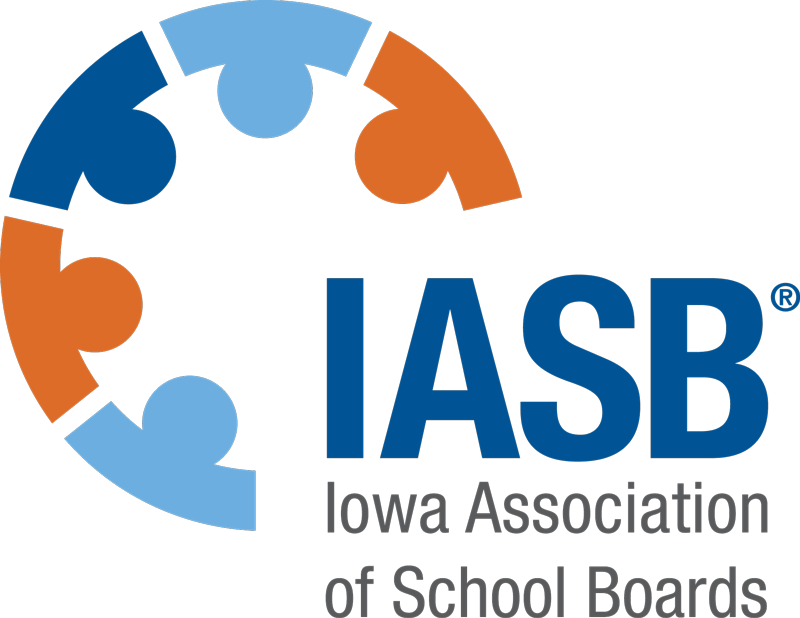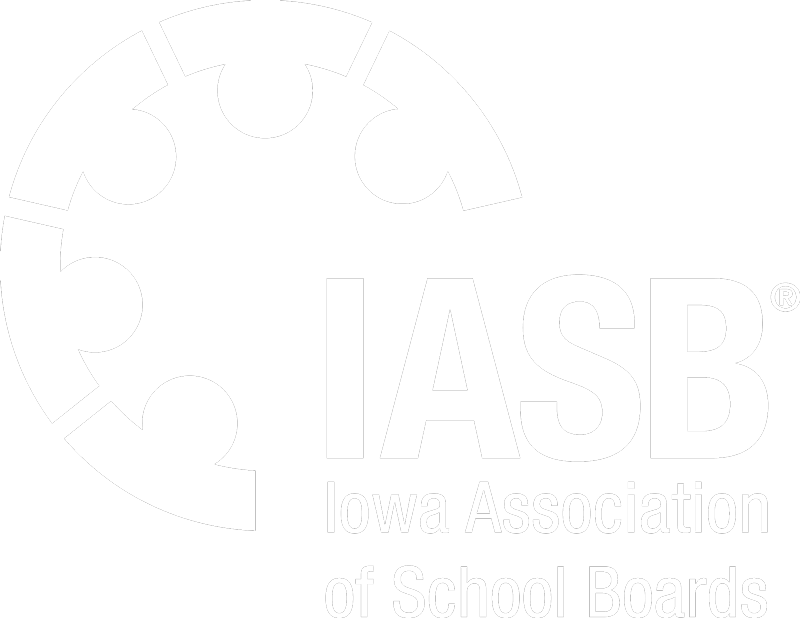Curriculum & Instruction
HF 316—Career Exploration Curriculum & Industry-Recognized Credentials Recognition: This bill requires school districts to begin teaching career planning and pathways in grades 5 and 6. Additionally, it establishes a diploma seal to recognize students who have earned an industry-recognized credential that is aligned with their CTE coursework.
IASB is registered undecided. We like the idea of recognizing students for their CTE accomplishments through a diploma seal, but we have concerns about quickly implementing new curriculum on career exploration to younger students. The bill passed the House by a vote of 60–28 and passed the Senate by a vote of 45-0. Governor Reynolds signed the bill into law on May 6, 2025.
HF 784—Governor's Math Instruction Bill: This bill, proposed by the governor, aims to increase the number of students in grades K-6 who are proficient in math. The bill lays out a plan, similar to the literacy bill passed last session. The Department of Education will:
Develop and distribute resources for schools to provide families to practice math at home.
Provide professional development to teachers at schools most in need of support.
Develop a comprehensive state mathematics plan designed to increase proficiency. The House amended the bill to require the plan to be developed by July 1, 2025.
Provide a list of math screeners to identify K-6 students who need extra support.
School districts will be required to assess all K-6 students at least three times a year to determine their level of math proficiency. If a student is persistently at risk, meaning they haven’t met grade-level benchmarks on two consecutive screeners, schools will:
Assess the student’s proficiency in math at least every other week and implement interventions and supports.
Develop a personalized math plan to identify the supports needed.
Provide small group interventions if the student is not meeting expectations and making progress.
Provide intensive interventions if the student is not increasing proficiency.
These interventions will be provided until the student performs at benchmark on the statewide assessment in math or two consecutive screeners, whichever occurs first.
IASB is registered in support of the bill. This plan helps support the goal to increase math proficiency in young students across the state. The bill passed the House by a vote of 82-15 and passed the Senate by a vote of 46-1. Governor Reynolds signed the bill into law on June 2, 2025.
HF 870—Release Time for Religious Instruction: This bill allows school districts to adopt a policy that would award credit to students who complete a course in religious instruction that does not take place at the school. Students will not be counted absent if the instruction requires them to be gone for no more than five hours per week. The House amended the bill to remove the option to award credit for this instruction.
IASB is registered undecided on the bill. With the removal of the option for credit, the bill reaffirms that students can miss school for religious instruction for up to five hours per week and clarifies that they must make up any work missed. The bill passed the House by a vote of 95-2 and passed the Senate by a vote of 47-0. Governor Reynolds signed the bill into law on June 6, 2025.
SF 175—Human Growth and Development Curriculum Requirements: This bill would require school districts to provide instruction on fetal development with a video, ultrasound, or real images in grades 5-12. The instruction cannot be provided or produced by an entity that performs or promotes abortion.
IASB is registered opposed to the bill, as we are on all curriculum mandates. We are opposed to the process rather than the content. We think the legislature should develop broad requirements, like human growth and development, the State Board of Education then develops content standards and local school districts should be able to choose a curriculum to meet those standards. The bill passed the House by a vote of 60-31 and passed the Senate by a vote of 33-16. Governor Reynolds signed the bill into law on June 6, 2025.
SF 369—Civics Test as a Graduation Requirement: This bill would require students to obtain a 60% score on a test that uses questions from the U.S. citizenship test to graduate or earn a GED. Students could take the test as many times as needed to earn a passing score. The Department of Education will distribute a 100-question test for school districts to use. A Senate amendment moves the implementation of this requirement to the 2026-27 school year.
IASB is registered against the bill because it imposes a graduation requirement and requires districts to use a specific test. While we support the goal of civics education, local school districts should be able to choose how they want to assess students. The bill passed the Senate by a vote of 38-7 and passed the House by a vote of 60-33. Governor Reynolds signed the bill into law on May 27, 2025.
15.3.2025.8

